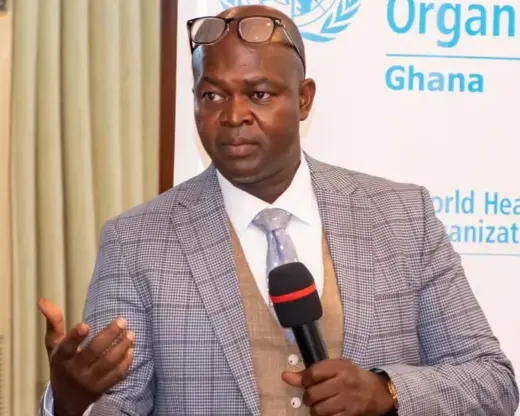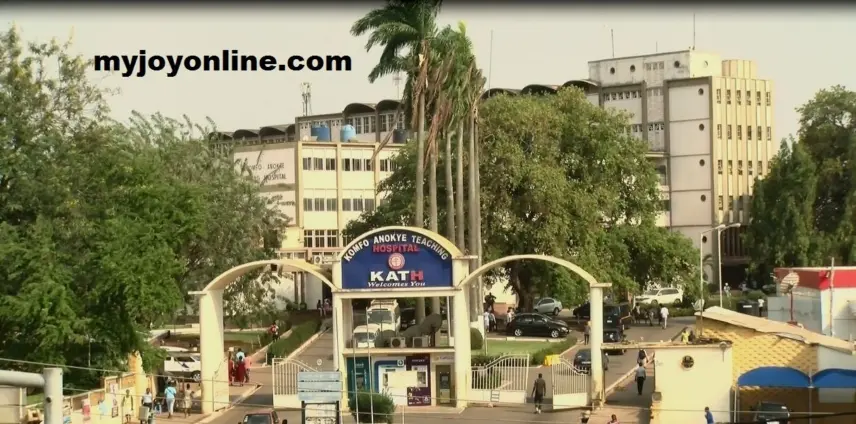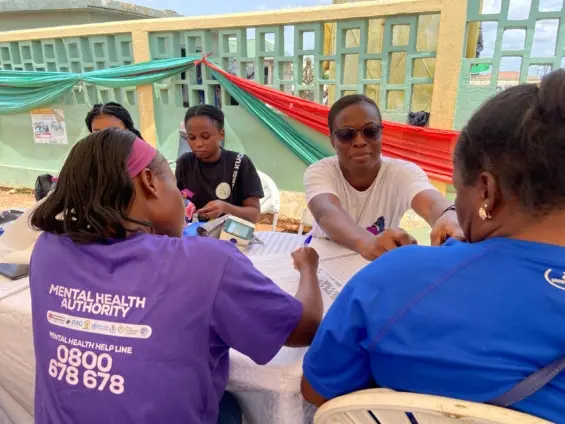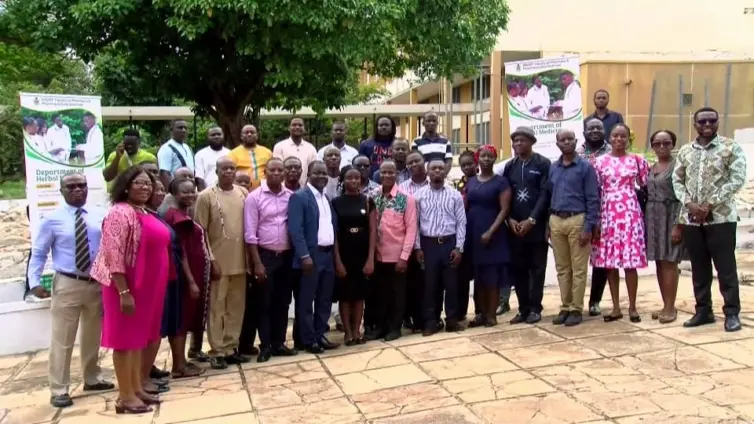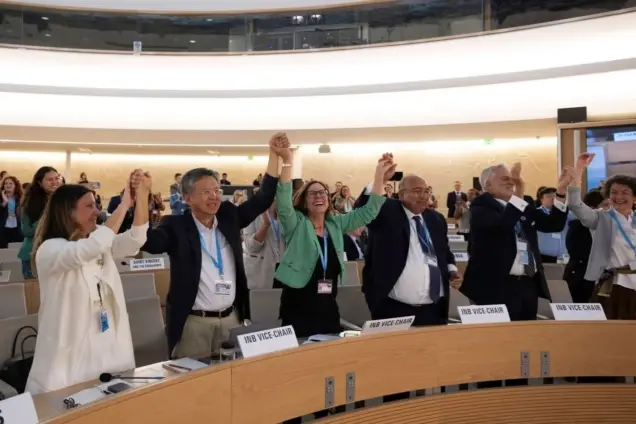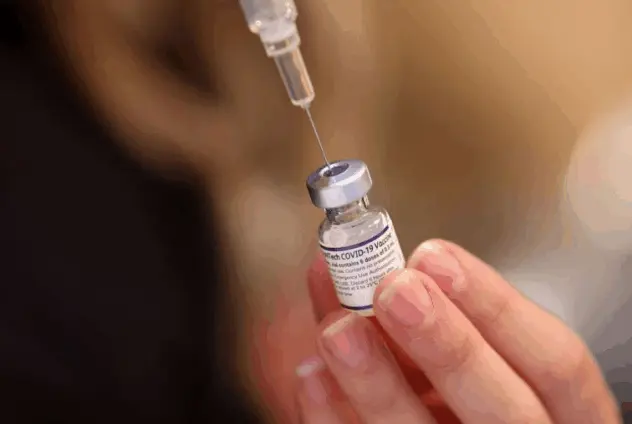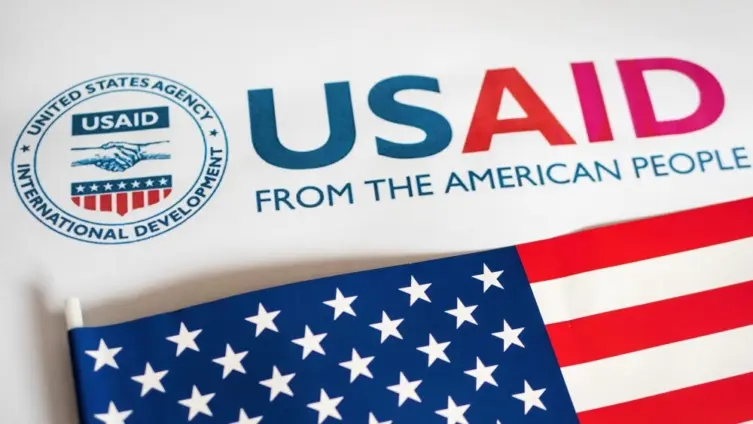Ninety-two years after it was first identified, kwashiorkor, a severe and often deadly form of malnutrition, continues to cast a long shadow over Ghana. Professor Samuel Kaba Akoriyea, Director-General of the Ghana Health Service (GHS), has issued an urgent call to prioritize the health and nutrition of the nation’s children, emphasizing that the fight against kwashiorkor is far from over. This persistent challenge significantly impacts child development and hinders national progress, demanding immediate and coordinated efforts to achieve lasting solutions. The situation requires more than just attention; it needs a fundamental shift in how the nation addresses child welfare.
Named the “disease of the deposed baby” because it often appears when a child is weaned from the breast and a new baby arrives, kwashiorkor stems from a severe protein deficiency. It’s a condition that has plagued Ghana since it was first clinically defined in Accra 92 years ago by Jamaican pediatrician, Cecily Williams. Despite decades of awareness and intervention, the specter of kwashiorkor still looms large in many communities.
The numbers paint a concerning picture. According to UNICEF, two-thirds of Ghanaian children still suffer from some form of malnutrition. The 2022 Ghana Demographic and Health Survey (GDHS) further reveals that 18.2% of children under five are stunted, 12.6% are underweight, and 6% are wasted, statistics that underscore the depth of the problem, according to Professor Akoriyea of the GHS. These figures not only reflect individual suffering but also signal broader systemic failures in ensuring adequate nutrition for the country’s youngest citizens.
One of the challenges in combating malnutrition lies in deeply ingrained cultural misconceptions. Professor Akoriyea points out that some Ghanaians still equate fat children with good health, a dangerous fallacy that overlooks the growing risks of childhood obesity. This perspective not only undermines efforts to promote balanced nutrition but also contributes to the rise of over-nutrition, adding another layer of complexity to the issue. The problem is that malnutrition isn’t solely about being underweight; it encompasses a spectrum of imbalances, including excessive weight gain due to poor dietary habits.
Ghana’s current malnutrition figures far exceed the World Health Organization (WHO) thresholds for low-burden malnutrition. The WHO sets benchmarks of less than 5% for wasting, under 15% for stunting, and under 10% for underweight prevalence. A sobering assessment from UNICEF’s 2023 State of the World’s Children Report indicates that Ghana faces a “moderate to high” risk of failing to meet crucial child nutrition targets. According to the report, a key reason for this is insufficient investment in nutrition-sensitive interventions and a lack of strong integration across critical sectors like agriculture, education, and water, sanitation, and hygiene (WASH).
With only five years remaining to achieve the Sustainable Development Goals (SDGs), Ghana risks missing Sustainable Development Goal 2 (Zero Hunger) if urgent and decisive action is not taken, a prospect that would have far-reaching consequences for the nation’s future. Malnutrition, defined as deficiencies, excesses, or imbalances in nutrient intake, presents itself in various forms. These include under-nutrition (manifested as wasting, stunting, and underweight), micronutrient-related malnutrition (deficiencies or excess), and over-nutrition (overweight, obesity, and diet-related non-communicable diseases).
The implications of malnutrition extend far beyond mere physical health. It compromises both physical and cognitive development in children, undermining national productivity and economic growth. Poor nutrition during early childhood can lead to irreversible brain damage, reducing educational achievement and diminishing future earning potential. These long-term effects not only impact individuals but also perpetuate cycles of poverty and inequality, hindering overall societal progress.
Professor Akoriyea urgently calls for a coordinated, multi-faceted approach to address this complex issue. He emphasizes that stakeholders must treat child health as a shared national priority, requiring collaboration across government agencies, NGOs, communities, and families. Increased investment in nutrition-sensitive interventions across sectors like agriculture, education, and WASH is essential. Stronger integration of these efforts is crucial to ensure that interventions are mutually reinforcing and reach those most in need. Enhanced public awareness campaigns are also vital to correct misconceptions about childhood nutrition and promote healthy eating habits from an early age.
The fight against kwashiorkor and malnutrition in Ghana is a battle for the future. Addressing cultural misconceptions, increasing investment in nutrition programs, and integrating efforts across sectors are critical steps toward achieving global health targets and ensuring a healthier, more prosperous future for all Ghanaian children. The journey is far from over, requiring continued monitoring, adaptation of strategies, and unwavering commitment to overcoming this decades-old struggle.
Image Source: GHANAIANTIMES

